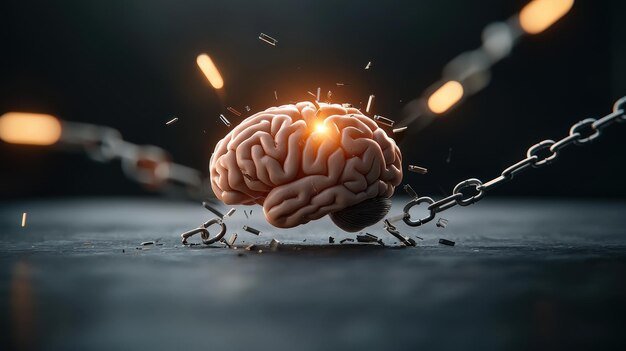Physical Address
304 North Cardinal St.
Dorchester Center, MA 02124
Physical Address
304 North Cardinal St.
Dorchester Center, MA 02124

Explore Haiti's fight against foreign indoctrination and how to break mental chains in this powerful article.
Haiti’s history is marked by colonization and foreign influence, leaving a lasting impact on the nation’s cultural identity. The struggle against foreign indoctrination is not just a historical relic but a contemporary issue that affects the country’s path to mental freedom.
The concept of “Breaking Mental Chains” is crucial in understanding Haiti’s ongoing battle for cultural and mental decolonization. It’s about recognizing the past, understanding the present, and shaping a future where Haiti’s identity is not dictated by external forces.
Haiti’s history is marked by colonization and foreign interventions that have significantly impacted its cultural identity. The legacy of colonialism and subsequent foreign culture and education influence has contributed to the mental colonization of the Haitian people, shaping their perceptions and understanding of themselves.
The historical events that have shaped Haiti’s identity are complex and multifaceted. From the colonial era to the present day, Haiti has been subject to various forms of foreign influence, including economic and cultural domination. This has resulted in a loss of cultural identity and a sense of disconnection from their heritage.
To achieve mental freedom, Haiti must confront its past and reclaim its cultural identity. By understanding the historical roots of mental colonization, Haitians can begin to break free from the mental chains that have held them back for so long. This process requires a nuanced understanding of Haiti’s history and a willingness to challenge the foreign influences that have shaped its identity.
By examining the past and its ongoing impact, Haiti can move towards a more authentic and self-determined future, one that is grounded in its rich cultural heritage and characterized by mental freedom.
Mental colonization refers to the process by which a dominant culture imposes its values, beliefs, and practices on a subordinate culture, often leading to the erasure of the latter’s identity and autonomy.
Haiti’s history of colonization and subsequent foreign interventions has significantly impacted its cultural identity, contributing to the “mental chains” that the country is now seeking to break.
“Breaking Mental Chains” is a metaphor for Haiti’s struggle to reclaim its cultural identity and achieve mental freedom, allowing the country to move beyond the legacy of colonialism and foreign influence.
Achieving mental decolonization requires a deep understanding of Haiti’s history and cultural heritage, as well as a commitment to promoting and preserving the country’s unique identity.
Individuals can support Haiti’s efforts by learning about the country’s history and culture, promoting cultural exchange and understanding, and advocating for policies that respect and promote Haitian autonomy.
Mental freedom can enable Haiti to develop a stronger sense of self and cultural identity, leading to greater autonomy, creativity, and resilience in the face of external challenges.